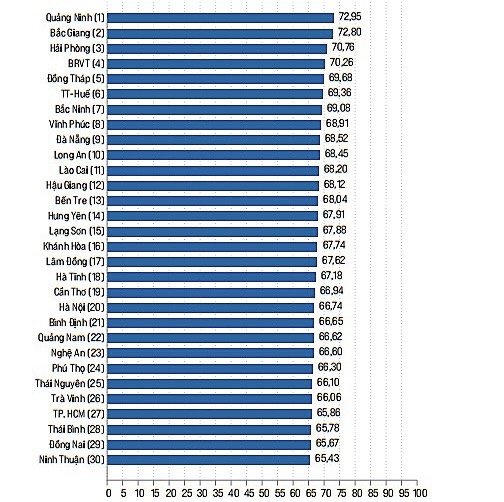On February 12, the European Parliament will vote to approve the EU-Vietnam Free Trade Agreement (EVFTA) and Investment Protection Agreement (EVIPA).
The EU-Vietnam Free Trade Agreement (EVFTA) and Investment Protection Agreement EVIPA will be the first new-generation free trade agreements approved by the European Parliament (EP).
Regarding the approval schedule, the EP set the voting schedule to ratify the EVFTA and EVIPA on February 12.
If approved, the EVFTA will remove 99 per cent of tax lines, creating favourable conditions to boost trade between Vietnam and the EU such as textile, seafood, agricultural, or timber products. Vietnamese exports are expected to increase by 20 per cent in the next two years, as previously reported by VIR.
According to research by the Ministry of Planning and Investment, the EVFTA and EVIPA are expected to increase Vietnam’s GDP by 4.6 per cent and exports to the EU by 42.7 per cent by 2025. The European Commission estimates that the GDP of the EU will increase by $29.5 billion, and exports to Vietnam by 29 per cent by 2035.
Besides, the EVFTA also has extensive commitments on services, government procurement, as well as labour and intellectual property. Once approved by the National Assembly of Vietnam, the EVFTA will take effect immediately. Following EU internal procedures, the EVFTA needs to be ratified by the EP and then approved by the European Council to take effect. As for the EVIPA, this agreement must be ratified by both the EP and the parliaments of all 27 EU member states.
Earlier, during his visit to Brussels, Belgium and Strasbourg, France as the prime minister’s special envoy, on the afternoon of February 11, Deputy Minister of Foreign Affairs Bui Thanh Son had an important meeting with European Parliament President David Sassoli and many parliamentarians to discusse mutual issues to prepare the vote for the adoption of the two agreements by the EP.
The EVFTA and EVIPA were signed on June 30, 2019 in Hanoi after seven years of negotiations. The broad and deep commitments will replace bilateral investment agreements (BITs) between Vietnam and EU member countries, which will help Vietnam continue to reform its economic structure as well as improve institutions and the business environment in Vietnam, facilitating EU investors to do business in the country.
Once the agreement comes into effect, the EU will eliminate import duties on about 85.6 per cent of tariff lines, equivalent to 70.3 per cent of Vietnam’s exports to the EU.
Seven years after the EVFTA officially takes effect, the EU will eliminate import duties on a further 13.6 per cent of tariff lines, equivalent to 99.7 per cent of the value ofVietnam’s exports.
For the remaining 0.3 per cent, the EU commits to giving Vietnam a tariff quota with an import duty of zero per cent.
For EU exports, Vietnam committed to eliminating 48.5 per cent of tariff lines as soon as the agreement comes into effect (accounting for 64.5 per cent of import turnover).
(VIR)


